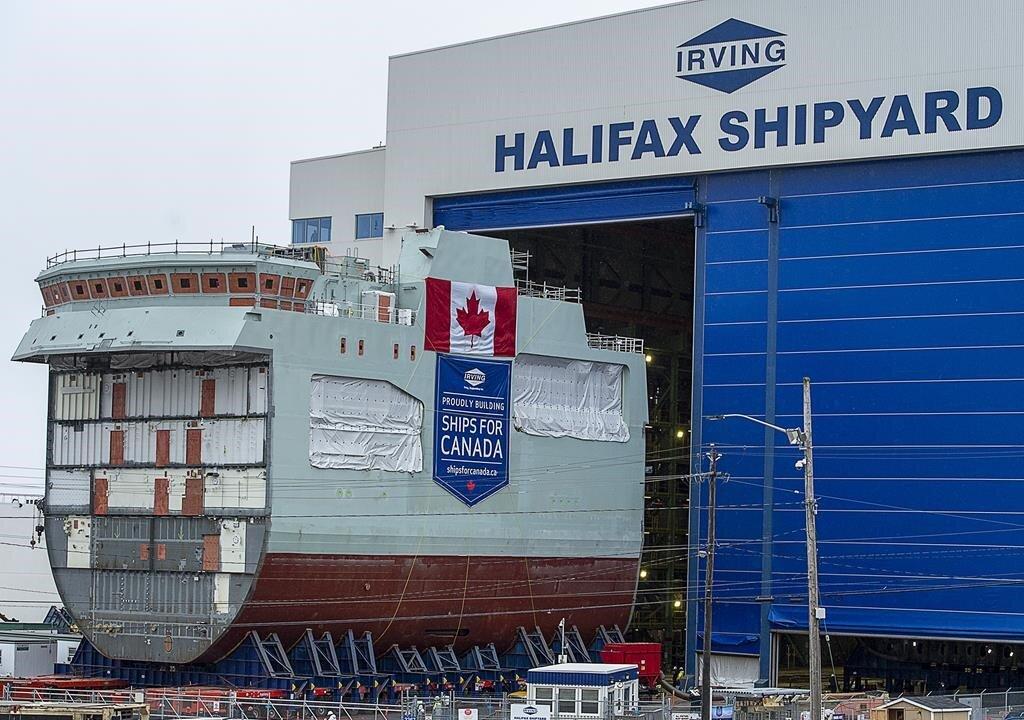Municipalities have a duty of care to ratepayers, but only to ensure their property taxes are calculated accurately, a British Columbia tribunal has ruled.
The decision was made in Duncan, B.C., where property value assessments have seen an average increase of 34 percent. The city responded by increasing taxes by 14 percent over a two-year period, as first reported by Blacklock’s Reporter.





